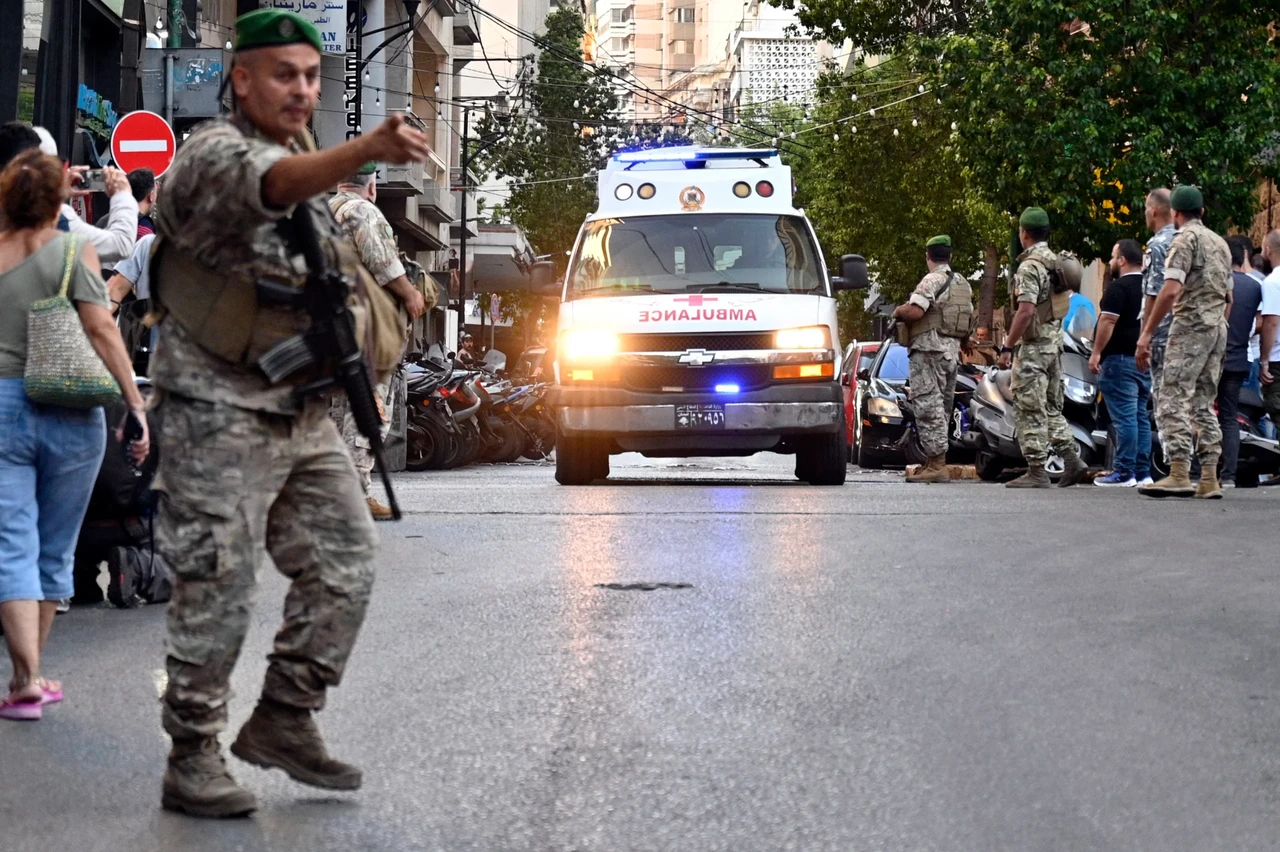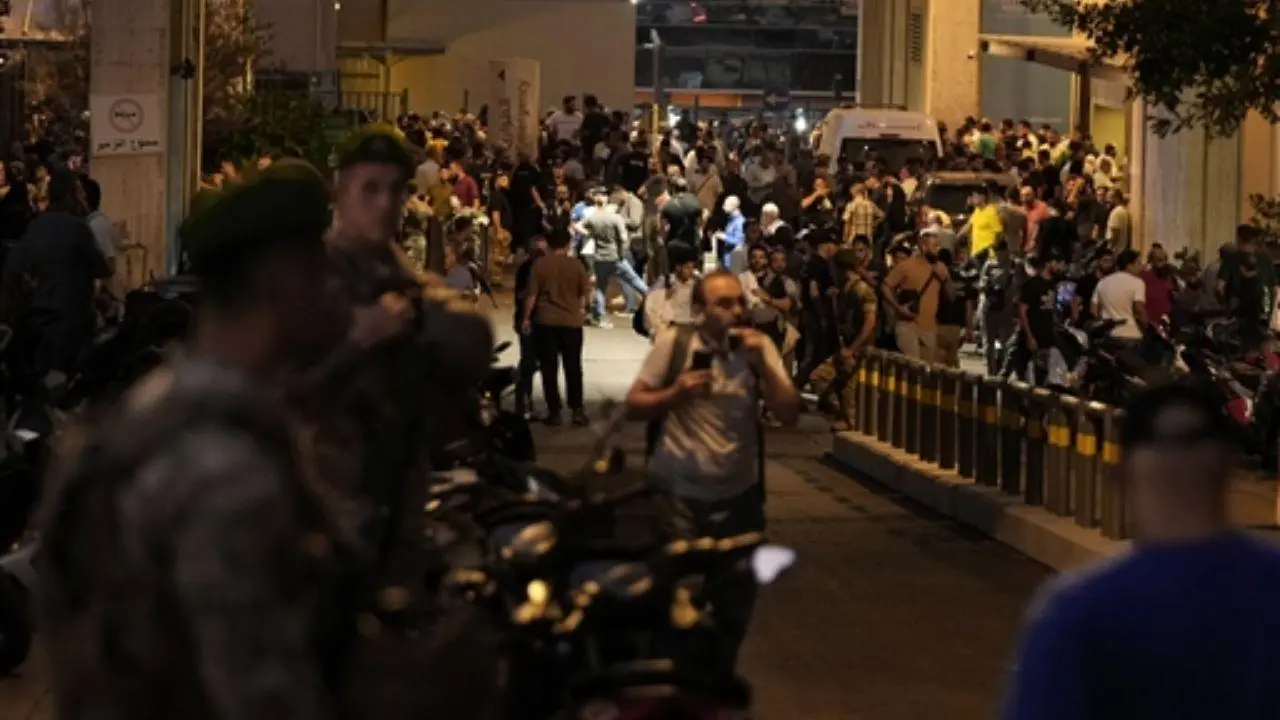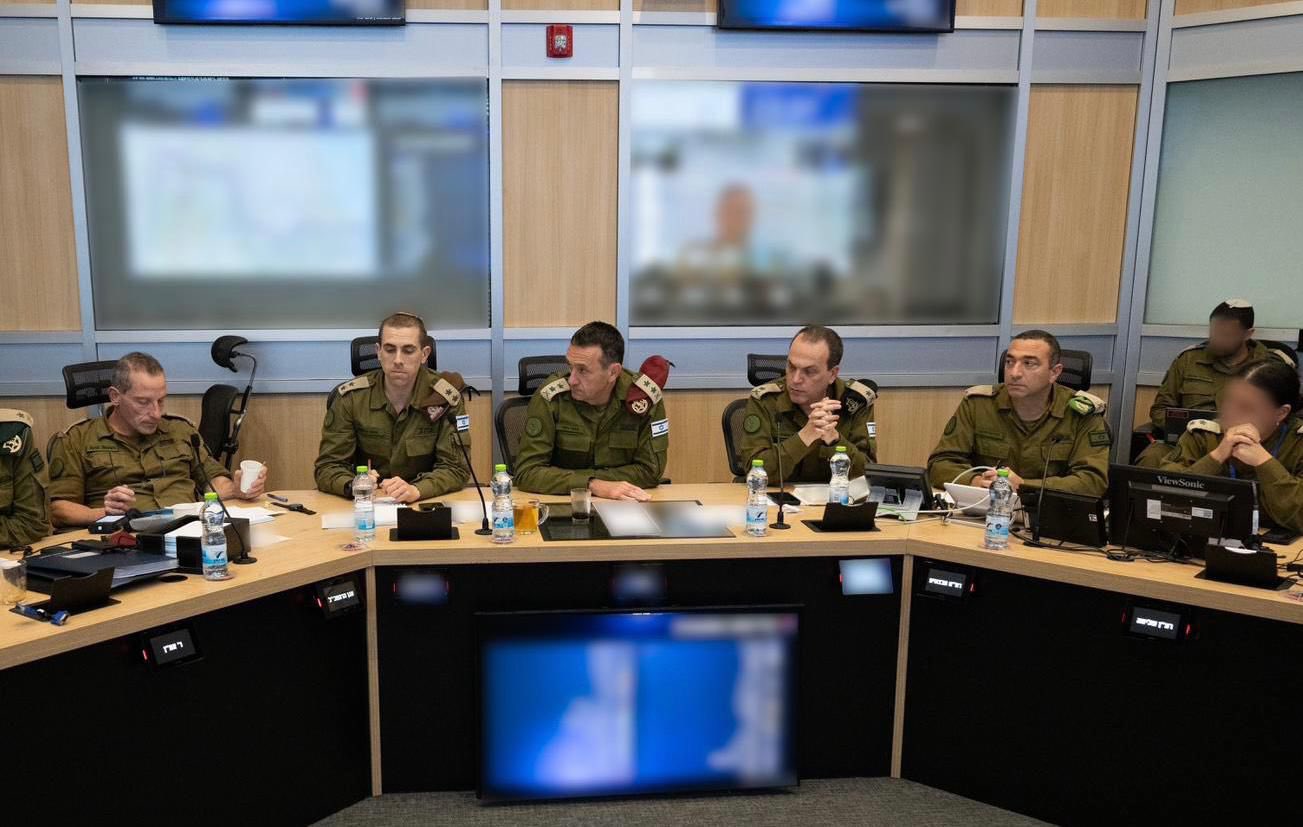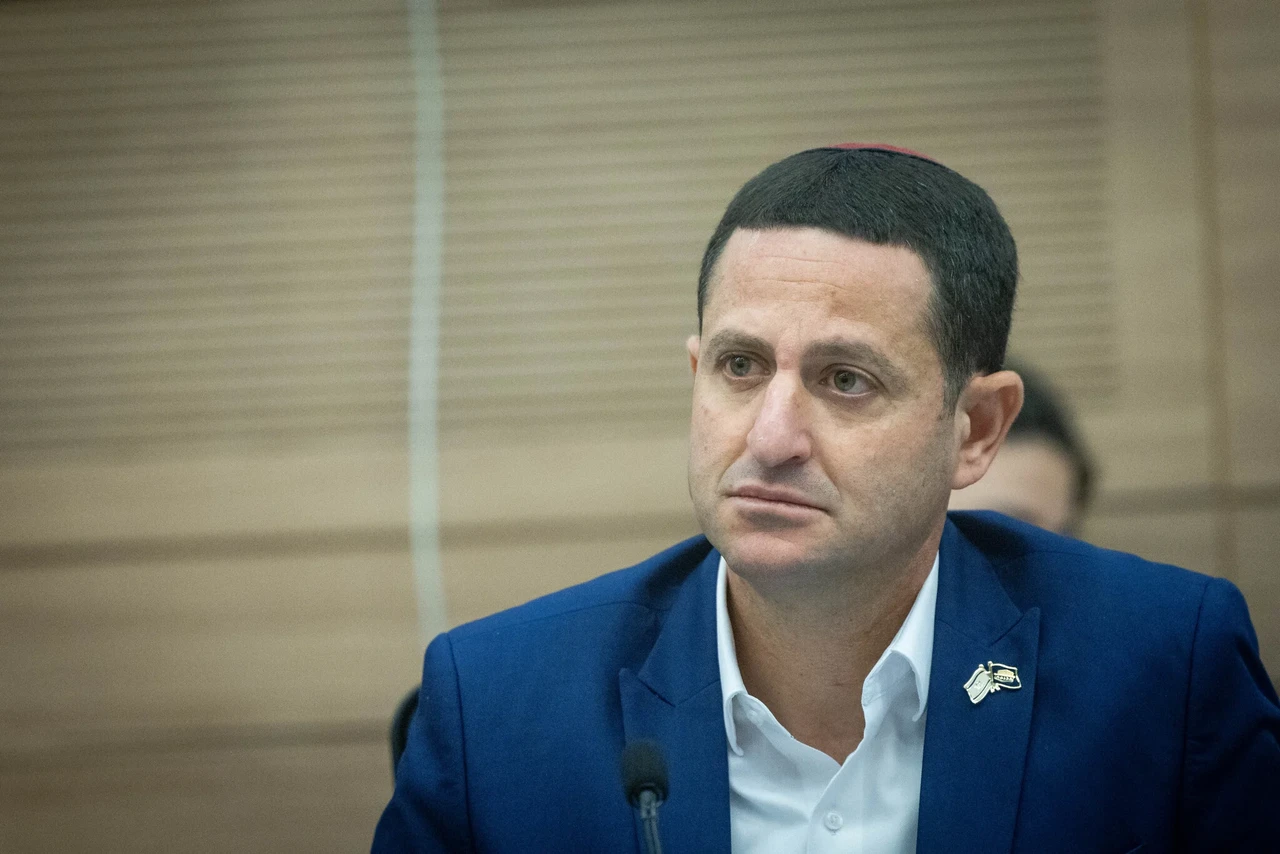Israel detonates Hezbollah pagers early, fearing operation compromise
 An ambulance arrives at the American University of Beirut Medical Centre after an incident involving Hezbollah members’ pager devices in Beirut on Tuesday. (Photo: EPA-EFE)
An ambulance arrives at the American University of Beirut Medical Centre after an incident involving Hezbollah members’ pager devices in Beirut on Tuesday. (Photo: EPA-EFE)
Israel conducted a series of pager explosions targeting Hezbollah members in Lebanon and Syria on Tuesday, fearing that its secret operation had been compromised by the group, according to three U.S. officials who spoke to Axios.
Rising tensions between Israel, Hezbollah
The attack took place as tensions escalated between Israel and Hezbollah, raising concerns among U.S. officials that the situation could deteriorate into a full-scale war.
“It was a use it or lose it moment,” said a U.S. official, explaining the reasoning Israel provided for the timing of the Hezbollah pager attack.

Hezbollah’s response and casualties
Hezbollah has threatened to retaliate for the pager attack, which reportedly killed at least nine people, including a child, and wounded 2,800 others.
- Hezbollah stated that many members of its military units and institutions were among the casualties.
- On Wednesday morning, Hezbollah issued a statement saying it would continue fighting Israel along the border while also planning separate retaliation for the pager attack. “Israel should expect retaliation for the operation,” Hezbollah said.
Israeli concerns and Hezbollah’s suspicion on pagers
A former Israeli official with knowledge of the operation revealed that Israeli intelligence services had originally planned to use the booby-trapped pagers as a surprise opening strike in a potential war with Hezbollah, aiming to cripple the group.
However, recent concerns that Hezbollah might discover the devices led to a change in plans. Israeli Prime Minister Benjamin Netanyahu, along with senior officials from the Israel Defense Forces (IDF) and Israeli intelligence agencies, decided to carry out the operation preemptively to avoid detection.
These concerns were first reported by Al-Monitor, who stated that two Hezbollah operatives had recently become suspicious of the pagers.

Was US aware of attack on Hezbollah pagers?
When U.S. President Biden’s top adviser, Amos Hochstein, visited Israel on Monday, Israeli officials were engaged in extensive security consultations regarding the potential compromise of the operation. Despite these discussions, Hochstein was not informed of the plan, according to a U.S. official.
On Tuesday afternoon, Israeli Defense Minister Yoav Gallant called U.S. Secretary of Defense Lloyd Austin to inform him of an impending operation in Lebanon but refused to provide specific details.
“We were not aware of this operation and were not involved,” U.S. State Department spokesperson Matthew Miller told reporters on Tuesday. U.S. officials indicated that Gallant’s call was seen as an effort to ensure the U.S. was not completely left in the dark but did not constitute serious prior notice.

Potential repercussions
Israeli and U.S. officials are now monitoring Hezbollah’s response. While there is a possibility of a major retaliatory attack, some analysts believe Hezbollah could be deterred in the short term, fearing that Israel may have further undisclosed security breaches that could be exploited.



